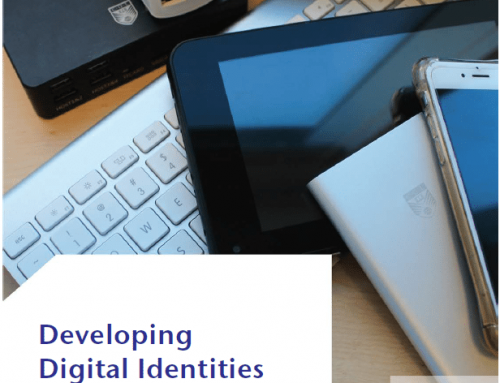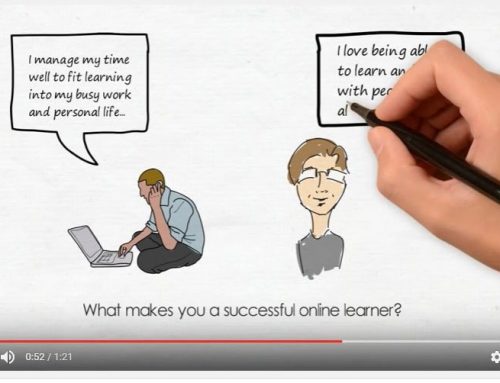Due to several people having to rush towards online learning and teaching I thought it may be useful to do a post drawing together some of the work I’ve done in the past that is freely available and might be helpful.
Doing it thoughtfully
Online learning and teaching is not something to do quickly – to do it well it needs an understanding of diverse student needs, accessibility and inclusion, organisational culture change, workload planning, staff development needs and appropriate curriculum design and planning.
It is certainly not about just getting content online which is obviously the focus of a lot of activities at the moment, with the need to prevent face to face interactions and the transmission of the Coronavirus. Online learning and teaching is as much about timely and effective feedback, learner engagement and support, opportunities for different ways to communicate and collaborate if appropriate. It is not simply about putting content online.
Given all this I appreciate that staff and students will be focusing on this amidst their own fears and anxieties about their health and that of loved ones. But if you can do this thoughtfully the outcomes would be so much more positive for everyone.
If you have the time….
Have a look at the following:
What makes a successful online learnier
The report considers the key questions addressed by the study:
1. What are successful online learners like?
2. What do successful online learners do?
3. How do successful online learners feel about learning online?
4. What differences among online learners are significant to their success?
5. How can providers and teachers/facilitators support online learners’ success?
Online learning checklist
An online learning checklist produced when writing the Jisc guides on Scaling up online learning
- Scaling up online learning provides a strategic view of different models and the implications of implementing online learning at an institutional level
- Curriculum design and support for online learning helps you make decisions around curriculum design and determine support needs when scaling up online learning
- Technology and tools for online learning provides guidance, resources and case studies around the use of technology to support online courses and distance learning programmes
Digital wellbeing of staff and students
Two Jisc briefing papers produced as part of a study into digital wellbeing – of staff and students
Accessibility and inclusion
A few things to think about in relation to accessibility and inclusion and in particular about autistic learners.
Think carefully about accessibility – in terms of intellectual (language and cognitive) and technical (access, formats, alternatives and compliance with accessibility regulations) accessibility. I can offer help with this is people need it – and can point to some useful resources if helpful.
Digital capabilities
I have done a lot of work on building digital capabilities – it is of course a long term focus that requires a strategic and well supported approach, but I may be able to point people towards useful materials to help with this if needed.
Open educational resources (OER)
There are shared open and freely available resources (OER) out there that could be used if pedagogically and culturally appropriate to your needs.
See the UKOER website which provides a beginners guide and keep an eye out on twitter for current collections that may be useful such as the If you’re not already doing so, please follow
Above all stay safe – look after our learners and be flexible with timescales and expected deliverables as we all adjust to this situation. Our global wellbeing is the most important thing. Let me know if I can help you.







Leave A Comment